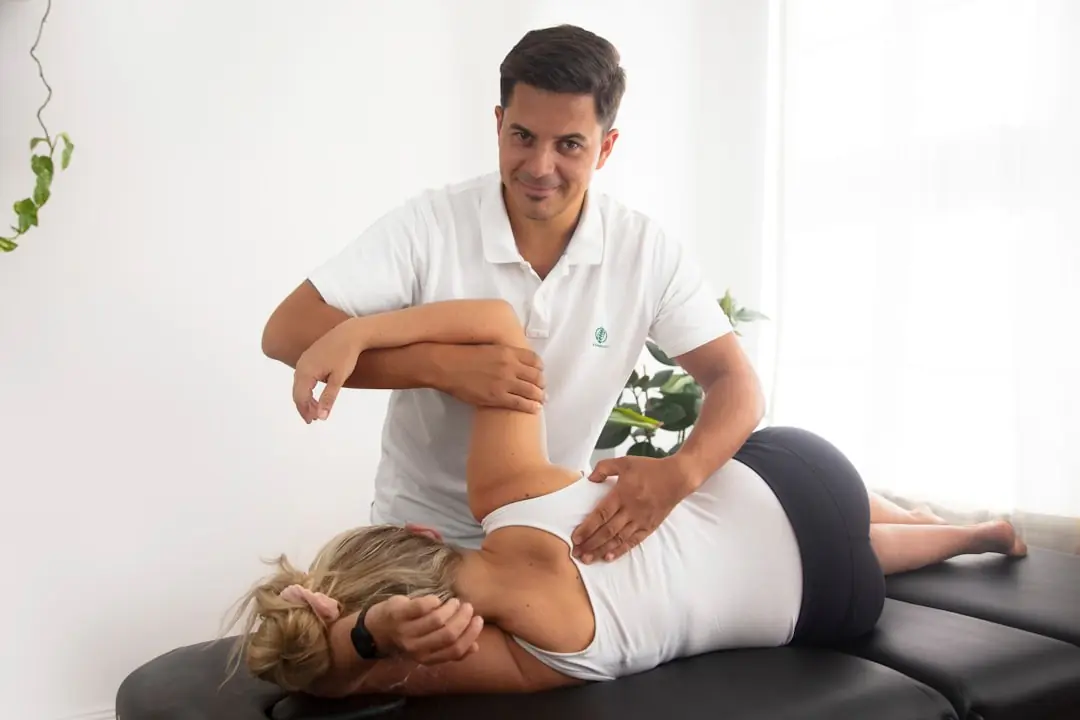Joint pain and nerve compression can be debilitating, impacting your quality of life and limiting your mobility. But before you reach for the painkillers, consider these natural methods that can help alleviate joint pain and relieve nerve compression, allowing you to move more freely and comfortably.
Table of Contents
Introduction
Joint pain and nerve compression are common issues that affect millions of people worldwide. Joint pain can arise from various factors, including injury, inflammation, and wear and tear over time. Nerve compression, on the other hand, occurs when a nerve is pinched or compressed, leading to pain, tingling, and numbness.

Understanding Joint Pain
Types of Joint Pain
There are different types of joint pain, including osteoarthritis, rheumatoid arthritis, and gout, each with its own set of causes and symptoms.
Causes and Symptoms
Joint pain can be caused by inflammation, injury, or degeneration of the joint tissues. Symptoms may include pain, stiffness, swelling, and reduced range of motion.
The Impact of Nerve Compression
Nerve compression occurs when pressure is applied to a nerve, interfering with its function and causing pain and discomfort. This can happen due to conditions like herniated discs, carpal tunnel syndrome, or spinal stenosis.
Natural Ways to Decrease Joint Pain and Relieve Nerve Compression
1. Regular Exercise
Regular exercise helps strengthen the muscles around the joints, improve flexibility, and reduce inflammation. Activities like walking, swimming, and yoga are beneficial for joint health.
2. Healthy Diet
A healthy diet rich in fruits, vegetables, whole grains, and omega-3 fatty acids can help reduce inflammation and promote joint health. Foods like salmon, berries, and leafy greens are excellent choices.
3. Weight Management
Excess weight puts added pressure on the joints, exacerbating joint pain and compression. Maintaining a healthy weight through diet and exercise can relieve this pressure and reduce pain.
4. Proper Posture
Good posture is essential for reducing strain on the joints and spine. Avoid slouching and make an effort to sit and stand up straight to alleviate pressure on the nerves.
5. Supplements and Herbs
Certain supplements and herbs, such as glucosamine, turmeric, and ginger, have anti-inflammatory properties that can help reduce joint pain and inflammation.
6. Stress Reduction Techniques
Stress can exacerbate pain and inflammation in the body. Practicing relaxation techniques like deep breathing, meditation, and mindfulness can help manage stress and alleviate joint pain.
7. Heat and Cold Therapy
Applying heat or cold to sore joints can help reduce pain and inflammation. Use a heating pad or warm compress for stiffness, and ice packs for acute pain and swelling.

8. Physical Therapy
Physical therapy can improve joint mobility and strengthen the muscles surrounding the joints, reducing pain and preventing further injury.
9. Acupuncture and Massage
Acupuncture and massage therapy can help alleviate pain, improve circulation, and promote relaxation, providing relief from joint pain and nerve compression.
10. Chiropractic Care
Chiropractic adjustments can realign the spine, relieving pressure on the nerves and reducing pain associated with nerve compression.
11. Yoga and Tai Chi
Gentle movements and stretching exercises in yoga and Tai Chi can improve flexibility, balance, and strength, reducing joint pain and stiffness.
12. Avoiding Overuse
Avoiding repetitive motions and overuse of the joints can prevent further damage and reduce the risk of developing chronic joint pain.
Conclusion
In conclusion, there are many natural ways to decrease joint pain and relieve nerve compression without resorting to medication or surgery. By incorporating regular exercise, a healthy diet, stress reduction techniques, and alternative therapies into your lifestyle, you can manage pain and improve your overall quality of life.
FAQs
1. Can natural remedies really help with joint pain?
Yes, many natural remedies have been shown to reduce inflammation and alleviate joint pain, providing relief without the side effects of medication.
2. How long does it take to see results from natural treatments?
Results vary depending on the individual and the severity of the condition, but many people experience improvement within a few weeks of starting natural treatments.
3. Are there any risks associated with natural therapies?
While natural therapies are generally safe, it’s essential to consult with a healthcare professional before trying any new treatment, especially if you have underlying health conditions or are taking medication.
4. Can I still take pain medication while using natural remedies?
It’s best to consult with your doctor before combining natural remedies with pain medication to avoid any potential interactions.
5. Are there any specific exercises I should avoid if I have joint pain?
High-impact activities like running or jumping may exacerbate joint pain, so it’s best to stick to low-impact exercises like swimming or cycling.



